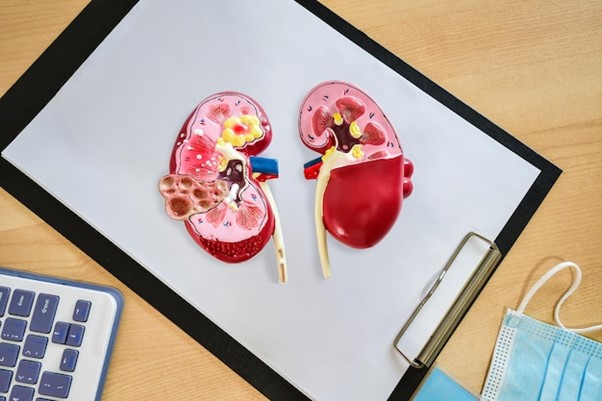
Renal diseases, also known as kidney diseases, encompass a range of conditions that affect the structure and function of the kidneys. The kidneys play a vital role in filtering waste products and excess fluids from the blood, regulating electrolyte balance, and producing hormones that help control blood pressure and red blood cell production. Understanding the types, causes, and management of renal diseases is essential for preserving kidney function and overall health.
Types of Renal Diseases
- Chronic Kidney Disease (CKD): CKD is a progressive condition characterized by the gradual loss of kidney function over time, leading to a buildup of waste products and fluids in the body. Common causes include diabetes, high blood pressure, and glomerulonephritis.
- Acute Kidney Injury (AKI): AKI is a sudden and temporary loss of kidney function, often caused by factors such as dehydration, severe infections, kidney stones, or exposure to certain medications or toxins.
- Polycystic Kidney Disease (PKD): PKD is a genetic disorder characterized by the growth of fluid-filled cysts in the kidneys, which can impair kidney function and lead to complications such as high blood pressure and kidney failure.
- Glomerular Diseases: Glomerular diseases affect the glomeruli, the tiny blood vessels in the kidneys responsible for filtering waste and excess fluids from the blood. Examples include glomerulonephritis and nephrotic syndrome.
Causes and Risk Factors Renal diseases can have various causes, including genetic factors, infections, autoimmune reactions, vascular disorders, and underlying health conditions such as diabetes, high blood pressure, and obesity. Risk factors for renal diseases include age, family history, certain medications, smoking, and exposure to environmental toxins.
Symptoms and Diagnosis Symptoms of renal diseases can vary depending on the specific condition but may include changes in urine output, blood in the urine, swelling of the legs, ankles, or face, fatigue, nausea, and difficulty concentrating. Diagnosis often involves a combination of medical history review, physical examination, laboratory tests (such as blood and urine tests), imaging studies (such as ultrasound or CT scans), and kidney biopsy.
Treatment Options Treatment for renal diseases aims to slow disease progression, manage symptoms, and prevent complications such as kidney failure. Depending on the condition, treatment may include medications (such as blood pressure-lowering drugs, diuretics, or immunosuppressants), lifestyle modifications (such as dietary changes and exercise), dialysis, kidney transplantation, and supportive care to address complications and improve quality of life.


